Picture Perception and Discussion Test (PPDT) in SSBs is conducted on Day-1 and is the second objective of Stage-I tests. PPDT is a screening test that is almost an elimination test of the candidate. It is conducted to know about the imagination power and description ability of a candidate within a limited time allotted.
Thematic Apperception Test (TAT) is one of the psychologist tests conducted on Day-2 of the SSB. It is one of the Stage-II tests; candidates who get screened-in, are retained for stage 2 testing. This test is geared to know about the intellectual, cognitive, emotional, and behavioral functioning of the candidates and identify their intelligence, personality style, interpersonal processes, and adaptive skills.
In summary, these tests aim to understand a candidate’s typical thought patterns, emotions, and behavior in specific situations and timeframes. The process involves showing a candidate a picture for 30 seconds (the stimulus) and asking them to write a story within 4 minutes (the response). This is why it’s crucial to perform well on these tests.
The following tips are effective to get screened-in, at the level of PPDT as well as crucial to successfully attempt TAT.
- If you’re about to view a hazy image for 30 seconds, take a moment to get mentally prepared. Focus on the image with complete attention, making sure to use your 30 seconds wisely. Observe the background to understand the setting—whether it’s indoors, outdoors, a hospital, a marketplace, etc.—and try to identify the number of characters and their roles.
- When determining the main character (your hero or heroine), choose someone you feel a connection with. This character should be capable of overcoming challenges or improving a difficult situation.
- Construct the story outline by answering three key questions: what led to the current situation, what is happening now, and how can the problem be solved? Be sequential and logical while keeping the story concise. Always write in the past tense. Give the story a positive, encouraging tone that reflects your understanding of social dynamics, your ability to help others, and your perspective on progress.
- Avoid inventing problems not shown in the image. For example, if you see two people happily chatting or a peaceful marketplace, don’t insert dramatic conflicts like terrorist attacks or street fights—such negativity could suggest a pessimistic mindset.
- Only attribute roles to the characters if you have a clear understanding of them. For example, if you don’t know what a social activist does, don’t make your main character one. Similarly, avoid overly dramatic or miraculous scenarios where a character’s life changes from rags to riches. The story should be realistic, with the protagonist striving for the greater good, not just personal gain.
- Ensure the story has a clear outcome. The main character shouldn’t appear greedy or overly focused on personal recognition; a simple sense of satisfaction or acknowledgment from others is sufficient to conclude the story.
- In most cases, you’ll have about 4 minutes to write a story, so aim for 8-9 lines in total. Dedicate 2 lines to describe what led to the situation, 4 lines for the current condition, and the remaining 2-3 lines for the outcome.
- For the final blank picture in a thematic apperception test (TAT), prepare your story in advance, as this will help you write quickly and efficiently. Handwriting also matters—writing 12 stories in 4 minutes each is challenging, so practice keeping your script neat and legible.
- To prepare for these tests, write stories in advance to spark your creativity and improve your speed and handwriting. You can use images from newspapers, magazines, movies, or simply observe your surroundings for inspiration.
- Above all, stay calm and relaxed. These tests are designed to create pressure, but your goal is to channel your energy into creativity and imagination without getting anxious.
Also Read: An Overview Of SSB Interview Complete Procedure
Prepare for SSB Interview: Join India’s Best SSB Interview Online Course [Must Enroll]
To crack the SSB Interview, You can join our SSB interview live classes batch and we recommend you to Enroll SSB INTERVIEW ONLINE COURSE. Trusted by thousands of defence aspirants.


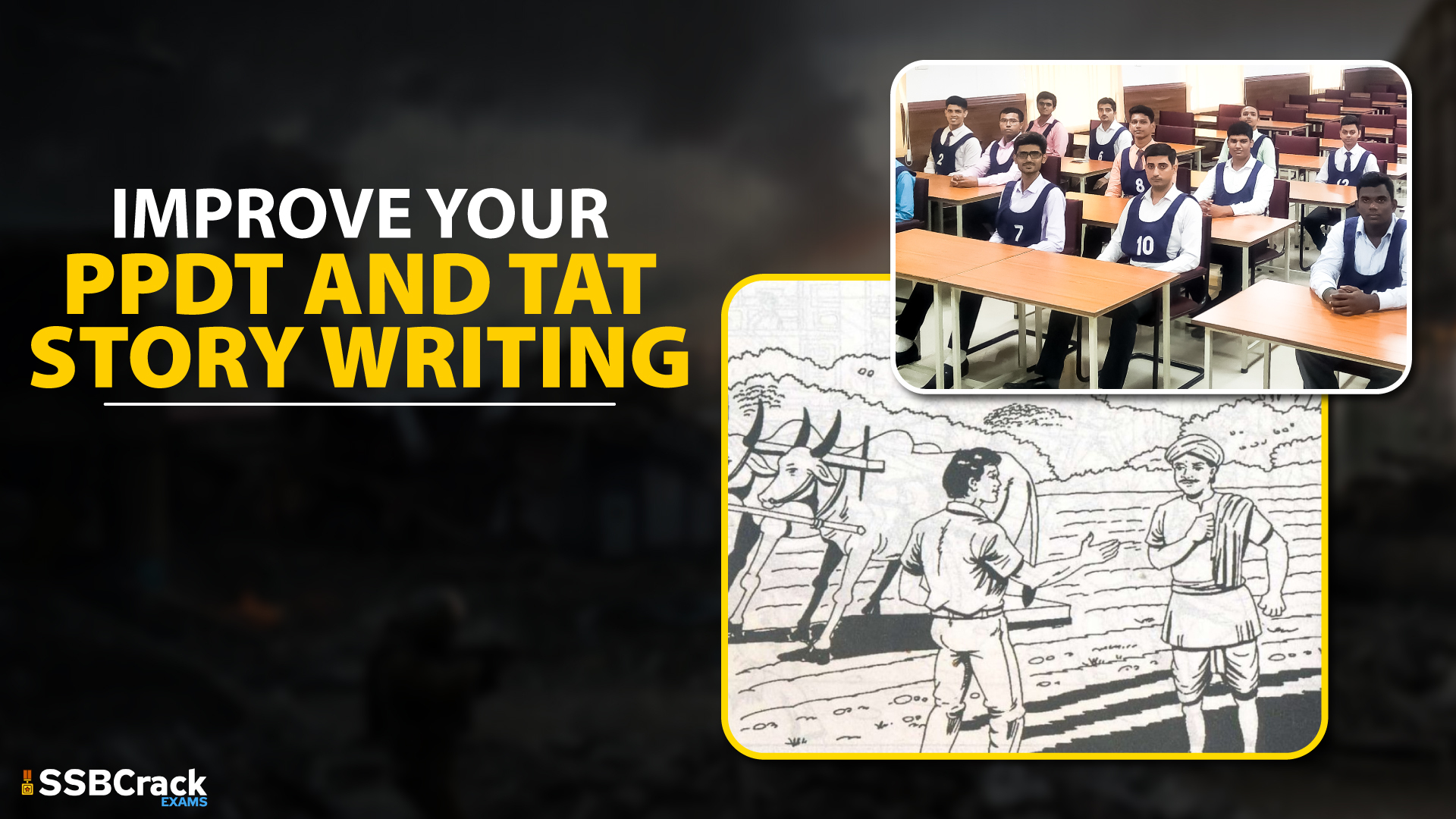
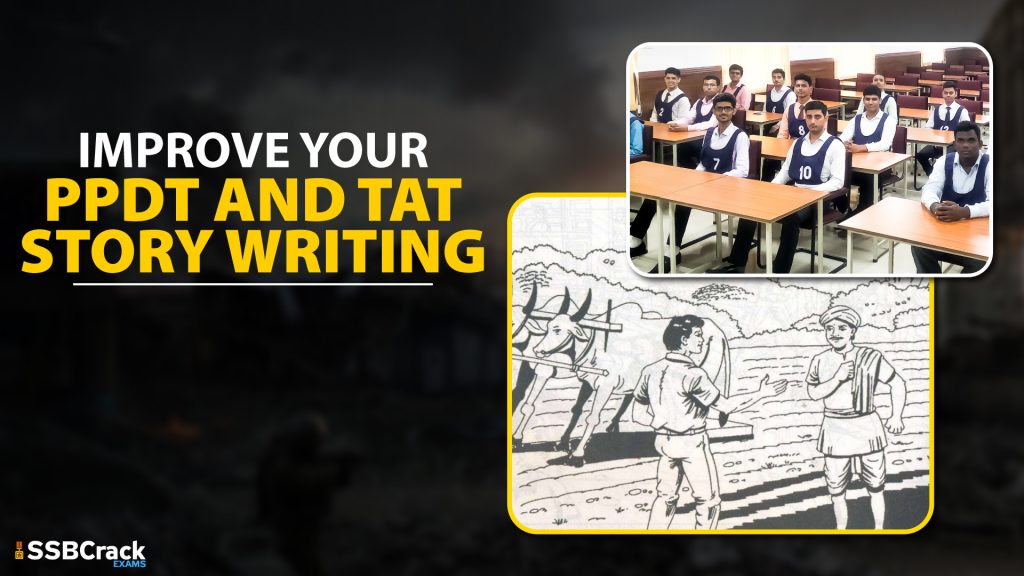


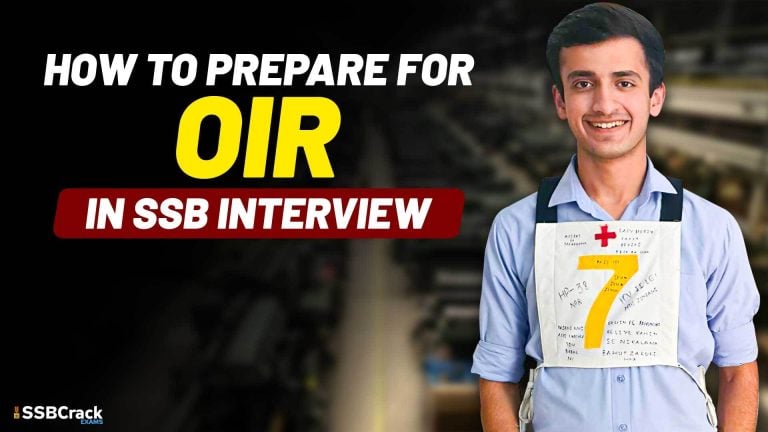

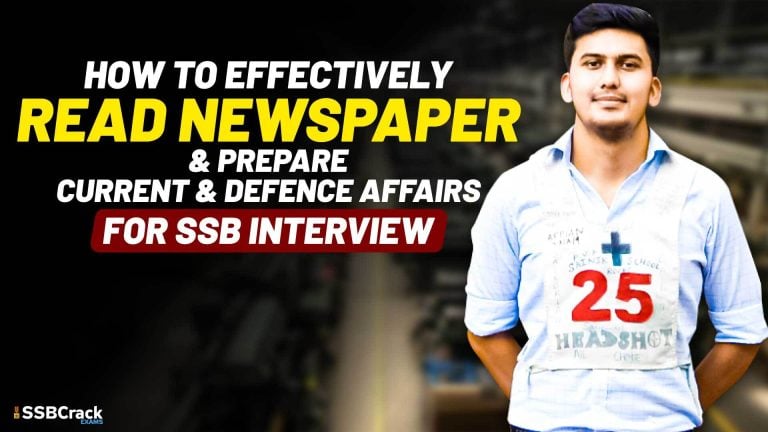
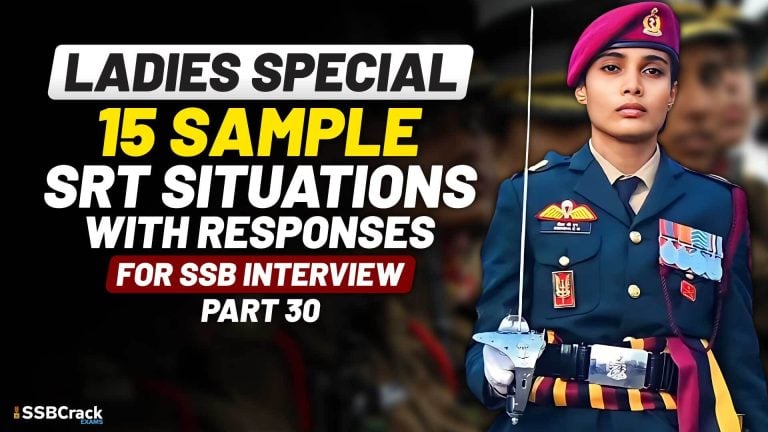
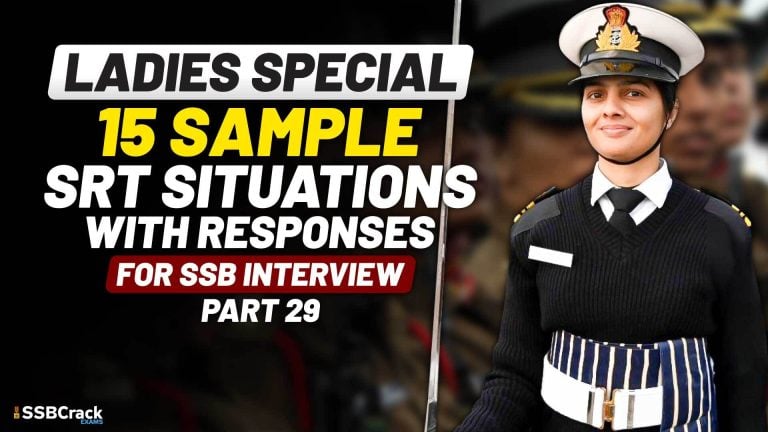
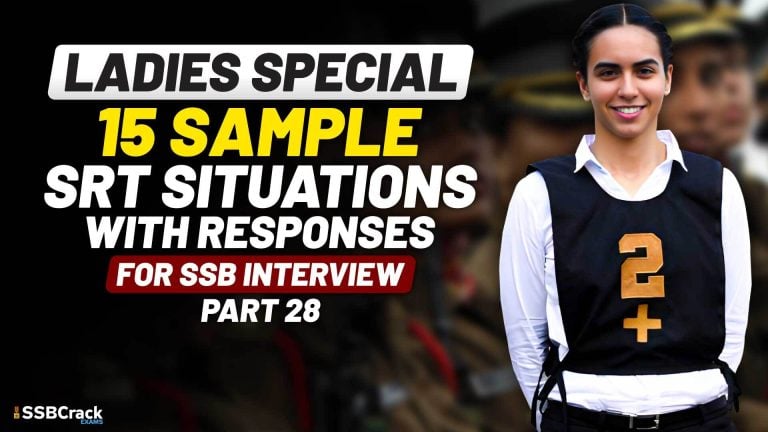

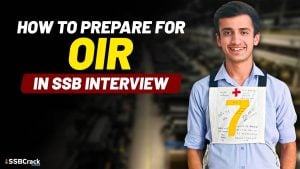

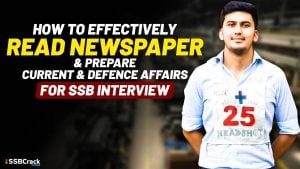







1 thought on “Ways to Improve Your PPDT and TAT Story Writing”
PLEASE CONTACT ME AS SOON AS POSSIBLE !
URGENT ENQUIRY AND HELP NEEDED FROM YOUR TEAM.
SAYYED AZIM
TES 10+2 NAVY ENTRY
25 SEP 2022
12TH SSB BANGLORE